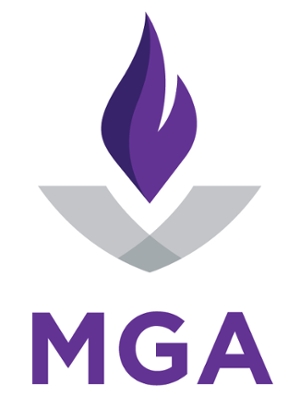11.2.3 Campus Downloading Policy
1.0 Overview
Respect for intellectual labor and creativity is vital to academic discourse and enterprise. This principle applies to works of all authors and publishers in all media. It encompasses respect for the right to acknowledgment, right to privacy, and right to determine the form, manner, and terms of publication and distribution.
Because electronic information is volatile and easily reproduced, respect for the work and personal expression of others is especially critical in computer environments.
2.0 Purpose
The Higher Education Act of 1965 was amended in August 2008 by the enactment of the Higher Education Opportunity Act (HEOA) , requiring all postsecondary institutions that participate in Title IV student aid programs to develop and implement written plans to effectively combat the unauthorized distribution of copyrighted material by users of the institution’s network, without unduly interfering with educational and research use of the network. This policy outlines MGA’s compliance with this law.
3.0 Scope
The scope of this policy includes all users of MGA-owned network-computing resources.
4.0 Policy
MGA will “effectively combat” the unauthorized distribution of copyrighted material using one or more technology-based deterrents as well as education and enforcement programs.
MGA will periodically review alternatives to illegal file downloading and make results available to its students through a Web site or other means.
MGA will make an annual disclosure that informs students that the illegal distribution of copyrighted materials may subject them to criminal and civil penalties and describes the steps that institutions will take to detect and punish illegal distribution of copyrighted materials.
6.0 Enforcement
Unauthorized distribution of copyrighted material, including unauthorized peer-to-peer file sharing, may subject violators to civil and criminal penalties and may be grounds for institutional sanctions against those involved.
When MGA receives a copyright violation complaint from a copyright holder or its agent, the Office of Technology Resources (“OTR”) will act expeditiously to remove the purported infringing material when practicable.
In cases where MGA computer resources are being used for unauthorized distribution of copyrighted material, OTR will ask the user/owner to remove the offending material. A copy of this policy will be provided to the person deemed responsible. Failure to remove the offending material will result in the referral to the appropriate disciplinary committee.
In cases where MGA network resources are being used for unauthorized distribution of copyrighted material, but MGA does not own the device where the offending material resides, network access will be blocked to the device. A copy of this policy will be provided to the person deemed responsible before access is re-enabled.
Gross violations and repeat violations may subject violators to more harsh sanctions including suspension of system privileges, suspension/expulsion from the University, termination of employment and/or legal action.
MGA maintains a list of informative links regarding the issue of copyright as a whole and how it pertains to Higher Education at https://www.mga.edu/technology/copyright.php.
7.0 Definitions
Peer-to-Peer (P2P) - A decentralized networking model where each participant (peer) has equal capabilities and can initiate or respond to communication sessions without relying on a central server. Commonly used for file sharing and distributed computing.
File Sharing - The process of distributing or providing access to digital files over a network. File sharing may occur through centralized servers or peer-to-peer systems and can involve various permissions, including read, write, copy, or print access.
